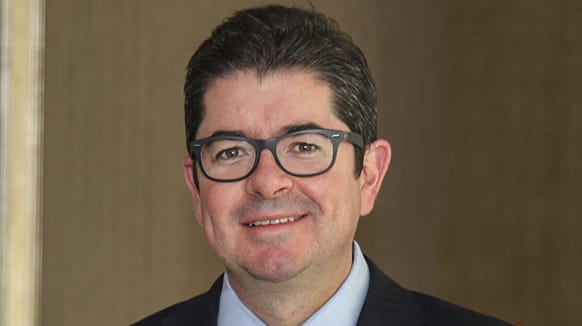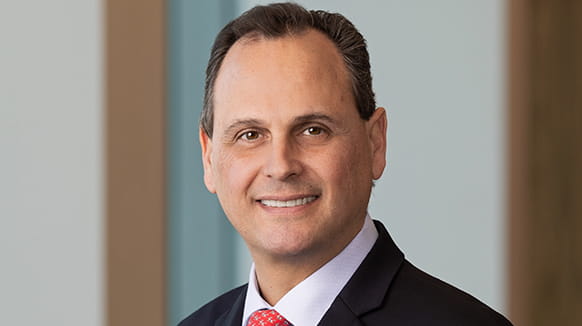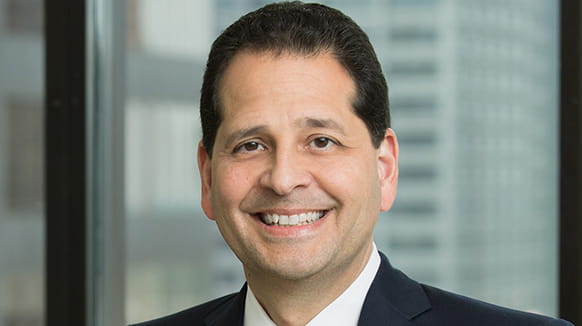General administrative provisions on the guidelines for the conformation, implementation and authorization of administration systems of industrial and operative safety, and environmental protection, applicable in the hydrocarbons sector in Mexico (“Guidelines”), were published in Mexico’s Official Federal Gazette on May 13, 2016.
As a consequence of the constitutional reform in Mexico in December 2013 regarding the energy industry, the Mexican Congress enacted in August 2014 the Law of the National Agency for Industrial Safety and Environmental Protection of the Hydrocarbons Sector, among others. As a result of this new law, a new federal environmental authority was created, the National Agency for Industrial Safety and Environmental Protection of the Hydrocarbons Sector (“ASEA” in accordance with its acronym in Spanish), which is part of the Secretariat of the Environment and Natural Resources (“SEMARNAT” in accordance with its acronym in Spanish).
The purpose of ASEA is to protect the people, the environment and the facilities in the hydrocarbons sector by regulation and supervision of: (i) industrial and operative safety; (ii) dismantling activities and abandonment of facilities; and (iii) comprehensive control of wastes and pollutant emissions. In accordance with this new law (Articles 12 and 13), ASEA must establish the corresponding legal provisions for the implementation of Administrative Systems for those carrying out activities in the hydrocarbons sector in Mexico, which Administrative Systems shall provide the standards, functions, responsibilities and those in charge of the Industrial Safety, Operational Safety and protection of the environment.
The Law of ASEA and the Guidelines of reference apply to those carrying out activities in the hydrocarbons sector (and their contractors), and for purposes of those two laws, the “activities of the hydrocarbons sector” must be understood as the following:
- Recognition and superficial exploration, and exploration and extraction of hydrocarbons
- Oil treatment, refining, sale, transport and storage
- Oil processing, compression, liquefaction, decompression, and regasification, as well as transport, storage and distribution
- Transport and storage of liquefied petroleum gas
- Oil transport and storage
- Pipe transport and storage related to petrochemicals pipes, as a result of natural gas processing and oil refining
ASEA is empowered by law to apply and construe for administrative purposes the aforementioned Guidelines. The Guidelines provide that prior to their implementation, the Administration Systems, are subject to: (i) having applied for and obtained their respective Conformation Registry and Registry Unique Code; and (ii) ASEA authorization.
Several documents must be filed and requirements must be met to obtain authorization of the Administration Systems, the Conformation Registry and the Registry Unique Code, that basically include, among others, proposed safety and operational measures to implement and put into effect before and during the construction phase of the project and thereafter, names and positions of the persons responsible for their implementation, evaluation and improvement of the System, oil permit, contract, or concession which enables the applicant to develop the respective project and documents that show evidence of the legal representation of the applicant.
ASEA must resolve, within a term of 15 working days, the Conformation Registry and the Registry Unique Code and within a term of 90 working days after the filing of the required documents to grant or deny the authorization for Administration Project. Once an Administration System is authorized, it has to comply with several on-going requirements, basically described and contained in the applications originally submitted. Other obligations include the filing of biannual and follow-up reports as well as audit reports prepared by outside experts, every two years.
Should you have any questions please contact any of the following lawyers.



